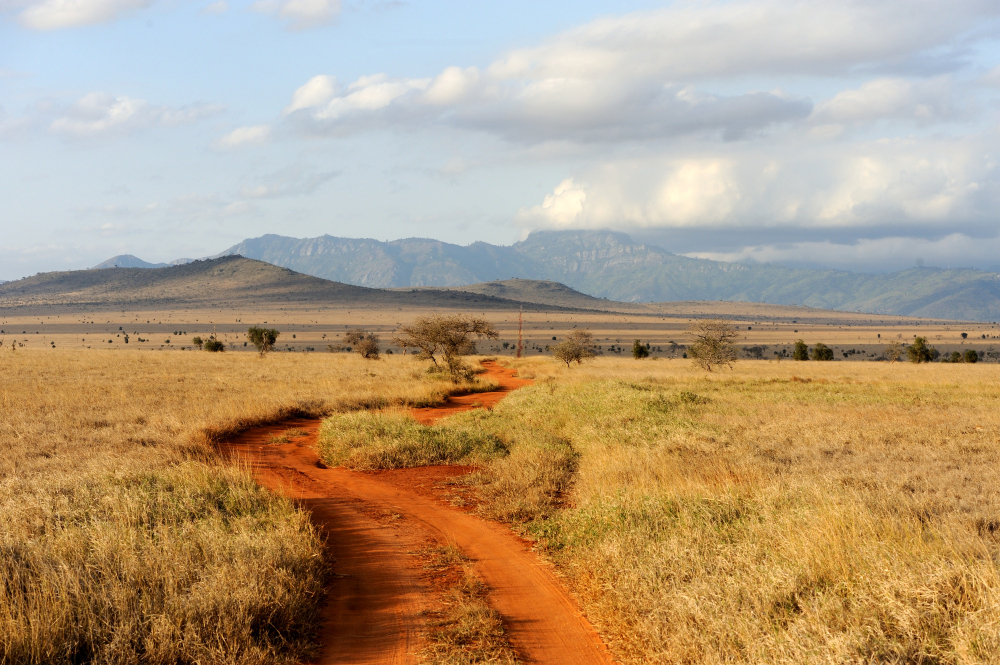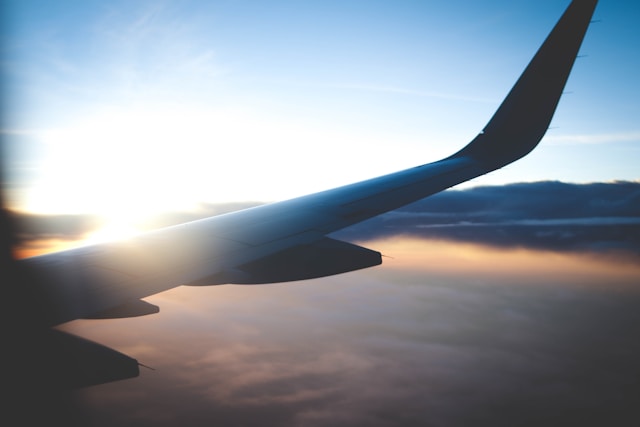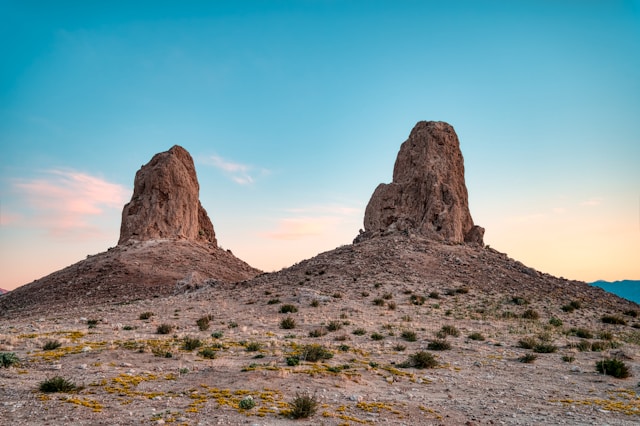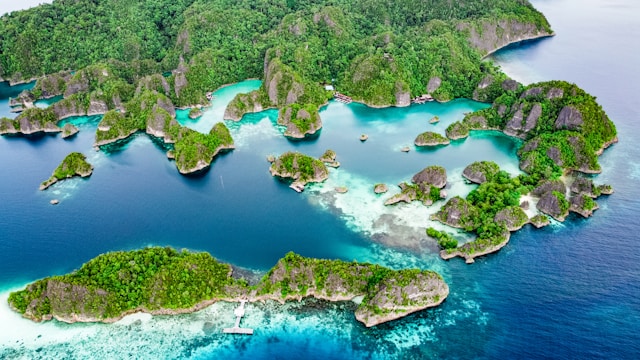Africa is a continent of breathtaking landscapes, ancient cultures, and warm hospitality. While some regions may face political or safety challenges, many African countries are peaceful, secure, and ideal for cultural exploration. If you’re a curious traveler seeking authentic experiences in a safe environment, this guide will introduce you to nine culturally rich countries that are not only safe but also incredibly welcoming.
1. Morocco: A Fusion of History and Hospitality
Morocco offers a magical blend of Arab, Berber, and French influences. Wander through the vibrant souks of Marrakech, marvel at the blue streets of Chefchaouen, or relax in the serene Atlas Mountains.
Why it’s safe: Morocco has a well-established tourism industry with a strong police presence in major tourist areas. Violent crime is rare, and locals are friendly and helpful.
Cultural highlights: Ancient medinas, traditional hammams, and historical cities like Fes and Meknes.
2. Ghana: West Africa’s Cultural Gem
Ghana is one of Africa’s most politically stable and tourist-friendly countries. It’s known for its rich history, particularly related to the transatlantic slave trade, and its colorful festivals.
Why it’s safe: Ghana has a low crime rate, especially compared to neighboring countries. English is the official language, making communication easy.
Cultural highlights: Cape Coast Castle, Ashanti traditions, and the vibrant Chale Wote Street Art Festival.
3. Rwanda: The Land of a Thousand Hills and Hope
Rwanda has transformed dramatically since the 1994 genocide, emerging as one of Africa’s safest, cleanest, and most progressive countries. The capital, Kigali, is impressively modern and secure.
Why it’s safe: Rwanda has strict law enforcement and one of the lowest corruption rates in Africa. The government actively promotes tourism.
Cultural highlights: Genocide memorials, traditional Intore dance, and the arts scene in Kigali.
4. Namibia: Desert Beauty and German Heritage
Namibia is known for its stunning landscapes like the Namib Desert and the Skeleton Coast. But it also has a rich mix of indigenous cultures and colonial history.
Why it’s safe: Namibia is politically stable with a low population density, contributing to a peaceful environment. Tourists rarely face any threats beyond basic precautions.
Cultural highlights: Himba tribal villages, German architecture in Swakopmund, and San rock art.
5. Botswana: A Model of Peace and Conservation
Botswana is not only one of Africa’s most stable democracies but also a leader in eco-tourism. Its cultural practices are closely tied to nature and wildlife conservation.
Why it’s safe: The country enjoys good governance, a strong economy, and very low crime rates. It’s frequently listed among Africa’s safest nations.
Cultural highlights: Traditional Kgotla meetings, Tswana music, and the sacred Okavango Delta.
6. Senegal: Rhythm, Religion, and Resilience
Senegal is the heartbeat of Francophone West Africa. From its lively music scene to its strong Islamic culture and historic coastal towns, it offers a wealth of cultural experiences.
Why it’s safe: Senegal is one of the most politically stable countries in West Africa and has a friendly, tolerant society.
Cultural highlights: The island of Gorée, Sufi religious traditions, and the world-renowned Dakar music scene.
7. Tanzania: Beyond the Serengeti
While Tanzania is famous for safaris and Mount Kilimanjaro, its cultural diversity is equally rich. From the Swahili coastal culture to tribal traditions inland, there’s much to discover.
Why it’s safe: Tourist areas are well-regulated, and the country enjoys relatively low levels of crime compared to its neighbors.
Cultural highlights: Maasai culture, Zanzibar’s Arab-African fusion, and traditional crafts in Arusha.
8. Mauritius: A Cultural Mosaic in the Indian Ocean
Mauritius is a tropical paradise that’s also a melting pot of Indian, African, Chinese, and European cultures. It’s one of Africa’s most developed and safest destinations.
Why it’s safe: The crime rate is low, infrastructure is excellent, and the country is politically stable with strong ties to the UK and France.
Cultural highlights: Creole festivals, Indian temples, French colonial heritage, and Sega dance.
9. Eswatini (Swaziland): Small Country, Big Culture
Eswatini may be one of Africa’s smallest nations, but its cultural identity is mighty. Known for its royal ceremonies and rich traditions, this peaceful kingdom is often overlooked.
Why it’s safe: Eswatini has a very low crime rate and a strong cultural emphasis on respect and community.
Cultural highlights: The Umhlanga Reed Dance, traditional homesteads, and royal rituals.
10. Travel Tips for a Safe Cultural Experience in Africa
Research before you go: Understand local customs, laws, and current political climates.
Respect traditions: Many African cultures value modesty, hospitality, and hierarchy.
Use reputable guides: Especially for tribal visits or remote areas.
Stay in touch: Register with your embassy and keep your family informed of your itinerary.
Learn a few local words: Even basic greetings can go a long way in showing respect.
Conclusion: Cultural Riches Without the Risk
Africa is not a monolith. It’s a vast continent filled with peaceful, welcoming nations that are proud to share their traditions with the world. From the deserts of Namibia to the bustling streets of Dakar, each destination listed above offers a unique and safe cultural journey. Whether you’re drawn by music, dance, history, or spiritual practices, these nine countries are ideal entry points into Africa’s soul—without compromising your safety.
So pack your curiosity and open heart—Africa is ready to welcome you.
FAQs
1. Is it safe to travel to Africa as a solo traveler?
Yes, especially in countries like Rwanda, Ghana, and Namibia, which have low crime rates and good infrastructure. Always follow local advice and practice standard safety measures.
2. Which African countries are safest for women travelers?
Botswana, Rwanda, and Mauritius are particularly safe for solo female travelers, with low harassment levels and respectful social norms.
3. Do I need special vaccines to travel to Africa?
Yes, depending on the country. Yellow fever, typhoid, and hepatitis A/B are commonly recommended. Always check with your travel clinic.
4. Is English widely spoken in these safe African countries?
English is an official or widely spoken language in many of them, including Ghana, Botswana, Namibia, Rwanda, Tanzania, and Mauritius.
5. What’s the best time of year to visit these countries?
The dry season (June to October) is generally best for travel across most African nations. It offers comfortable temperatures and fewer mosquito-related illnesses.







